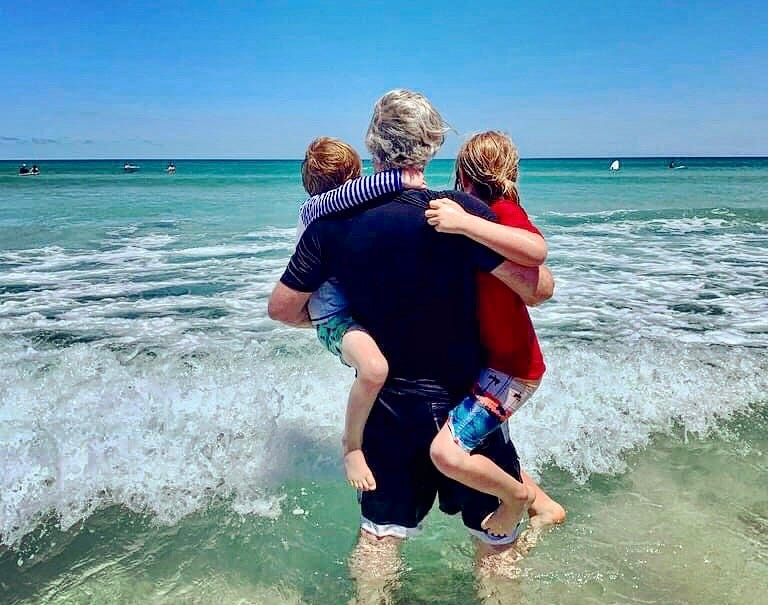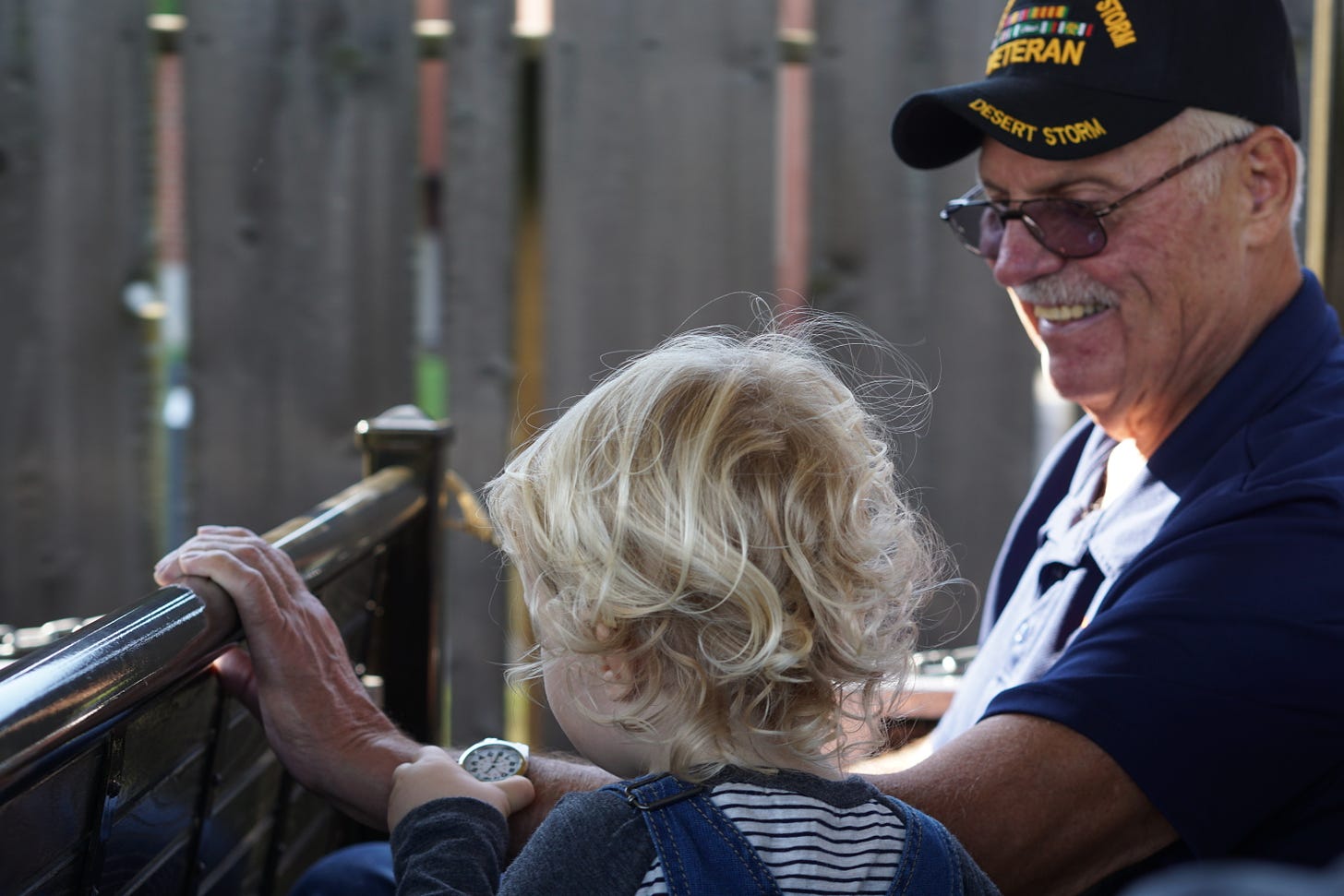Art Should Never Lead to Regretting the Life We Forgot to Live
Or: that time I ruined a literary festival by being too real
A few weeks ago, I joined a panel of debut authors for the Blood Brothers Big Book Blowout literary festival. My novel PSALMS FOR THE END OF THE WORLD, the product of many years of work, was released last September by Headline Books and Hachette arms around the world, so I was excited to discuss it with my fellow authors. But the second question from the moderator threw me for a loop, one I never fully recovered from during the hour-long conversation. The answer it provoked from me seems worth sharing, in case it makes any difference to you and how you’re pursuing your art as a novelist, filmmaker, musician, or in whatever other medium you create.
The question from the moderator was as follows:
“Stepping into a time machine, you can travel back to before you started writing your debut novel or a month before the publication of it. Which do you choose and what advice would you give yourself?”
The answers provided by the rest of the authors were brilliant, appropriate and helpful ones about stressing less before release, trusting their publisher’s marketing team more, this sort of thing. Here was my answer:
“I would travel back to before I started writing my debut – which was 2019. The world was still terrible, yeah, but there was no COVID and my father was still alive. Everything was just better. Honestly, I think I would’ve told myself to skip writing the book altogether, buy some more plane tickets instead with the savings I’d built up — to take a few more holidays with my wife and kids — and, most importantly, go home and spend another month with my dad.”
I felt bad for the other panelists who had to absorb this melancholic response from me, but I meant every word of it.
We commit so much of ourselves to art, to the act of creation. We imbue it with a kind of religious significance, too. Certainly, it possesses that quality for me. Storytelling is a way of communing with the world, with the human experience, in a way I believe I’m largely incapable of otherwise. I’m tapping into a spiritual vein, or at least trying to, every time I sit down to write.
But the commitment to creative and professional ambitions can also consume us, especially when we live the freelancer’s life. Every moment we don’t spend chasing income, chasing success, chasing the next thing that can pay our bills, expand our opportunities, or gain us a modicum more of creative freedom can feel like an unnecessary distraction.
They’re not distractions.
These moments are the whole point. They’re the reason for all of this. The reason for waking up every day.
More, for artists, they’re the building blocks of everything we do create. They are the raw material we need more than a decent computer or quality watercolors or the right camera.
Living takes real effort. Your relationships and the connections you build every time you make the effort will not only sustain you as a human being – they will fuel your work, provide it with dimensions of truth you couldn’t see before them, and make what you create matter in ways you could never imagine or might even be prepared for.
If this article added anything to your life, please consider buying me a coffee so I can keep this newsletter free for everyone.
PSALMS FOR THE END OF THE WORLD is out now from Headline Books, Hachette Australia, and more. You can order it here wherever you are in the world:







'Living takes real effort' it really does. Trying to be a good parent while also trying stretch yourself creatively takes a ton of energy.
An excellent argument for UBI: "Every moment we don’t spend chasing income [...] can feel like an unnecessary distraction."
If we had a proper, liveable UBI, we'd be able to write without feeling like we have to devote every second to it in order to stave off starvation. We'd be able to do all the background research and, y'know, general living that makes a good writer great.